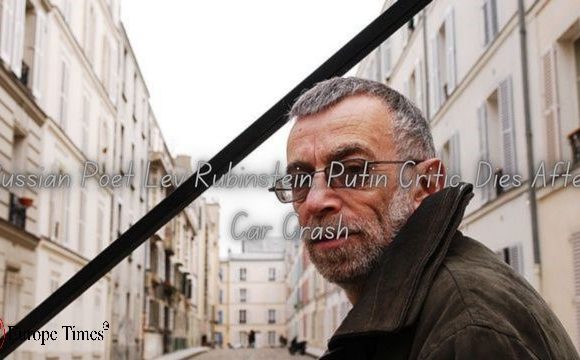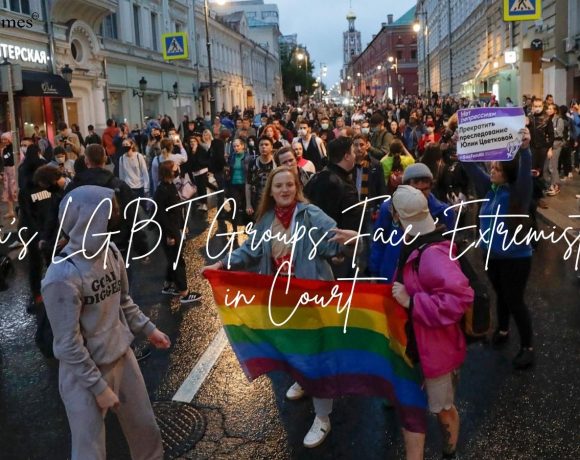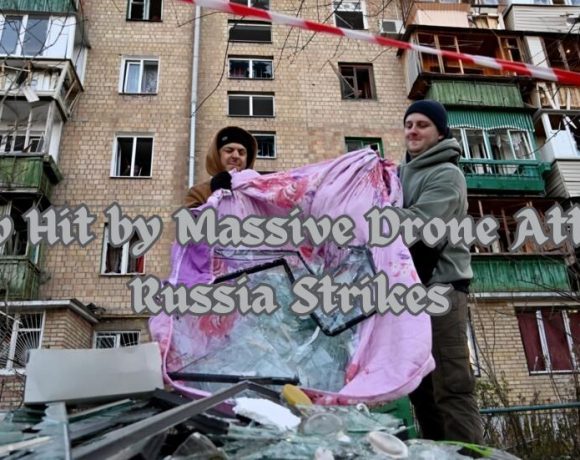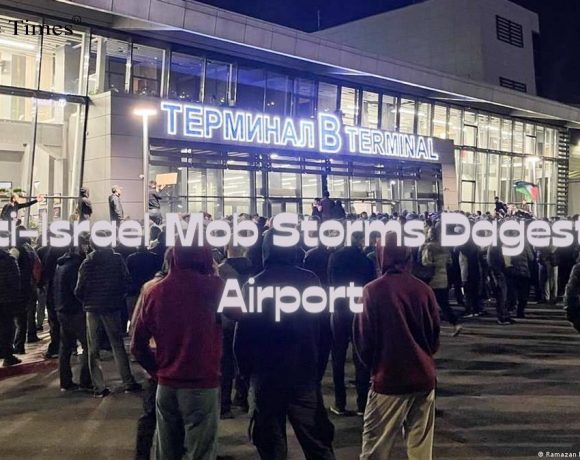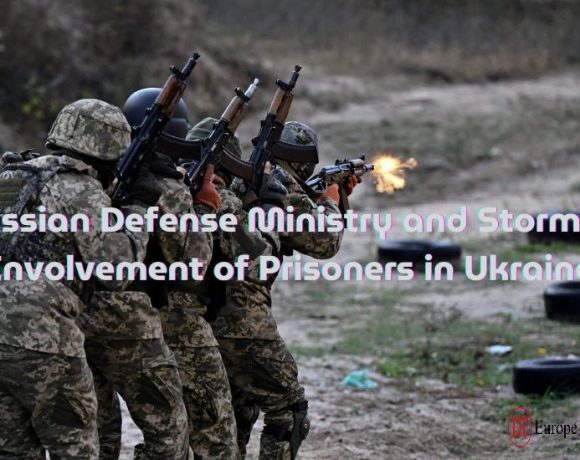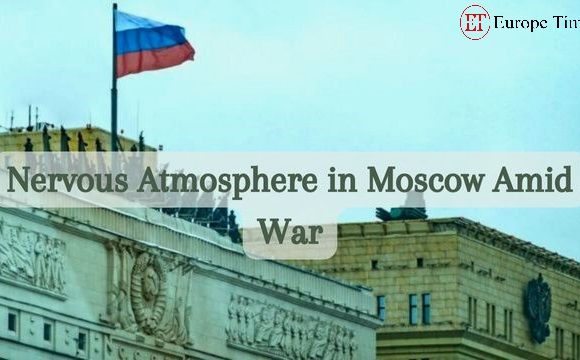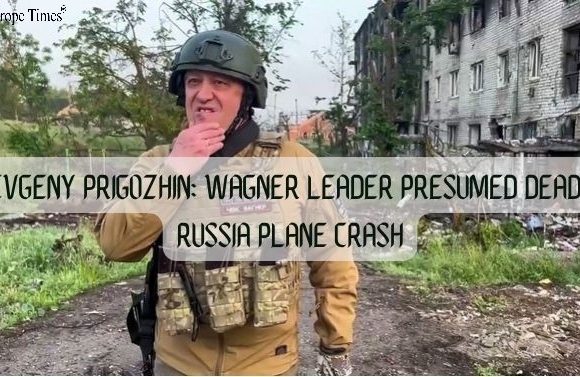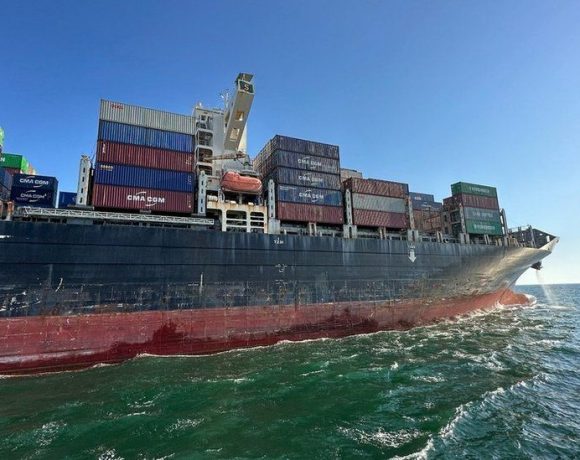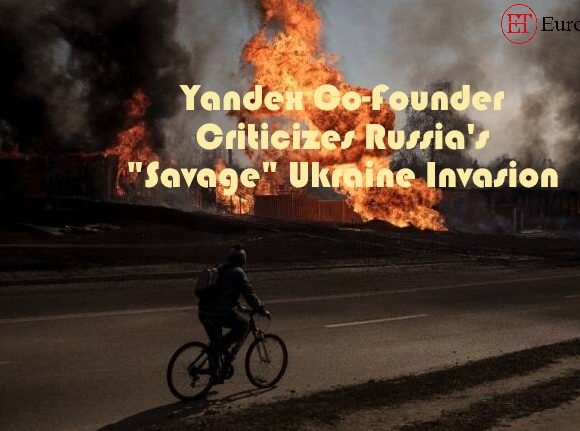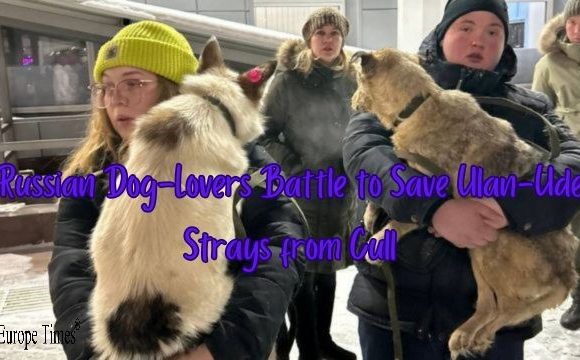
Dog lovers in Russia’s Far East are rallying to save hundreds of stray dogs facing euthanasia by local authorities. Ulan-Ude, a town in Eastern Siberia near the Mongolian border, has already culled 18 dogs, prompting urgent efforts to relocate 600 dogs to new homes or shelters within Russia. Volunteers are traveling by train to cities like Moscow, St Petersburg, Kazan, Khabarovsk, and Vladivostok to ensure these dogs escape the grim fate of being put down. The severe winter weather, with temperatures as low as -20°C, adds urgency to the rescue mission.
The decision to euthanize strays in Ulan-Ude reflects a broader issue in Russia’s republic of Buryatia. In 2020, a national law aimed to address the problem by implementing humane practices such as catching, sterilizing, vaccinating, and releasing stray dogs. However, concerns about potential attacks led to the rollback of the law in Buryatia, reviving the controversial practice of culling. The root cause, according to activists, lies in neglect, with dogs being abandoned or discarded by owners.
Local laws in Buryatia lack accountability for irresponsible pet ownership, contributing to an ongoing cycle of stray dogs. Activists argue that, despite the culling efforts, more dogs will continue to populate the streets due to this neglectful behavior. While hundreds of dogs have been saved, the financial burden of rescue efforts is significant, with each dog’s journey to safety costing approximately 5,000 roubles (£44; $55). Generous financial support and volunteers willing to cover the costs have played a crucial role in the success of the rescue mission.
Despite the successful relocation of many dogs, challenges persist, leaving some with uncertain fates. Animal welfare volunteer Stella Ovsoyan highlights the emotional toll of having to choose which dogs to send to safety, emphasizing the difficulty of the situation. However, the hope of providing a new and improved life for these dogs keeps volunteers committed to their mission, even in the face of adversity.
Picture Courtesy: Google/images are subject to copyright

